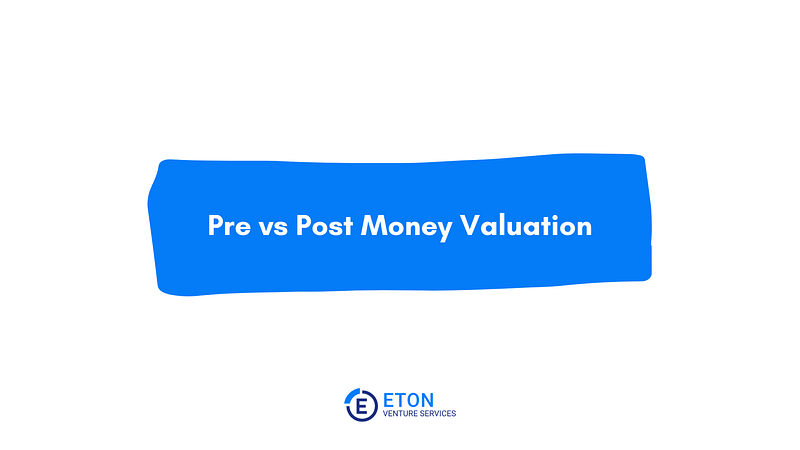Introduction
In the aftermath of an M&A transaction, the purchase price paid by the acquiring business must be allocated to both the acquired assets and the assumed liabilities of the acquired business. This process is referred to as “purchase price allocation,” or PPA. In certain situations, PPA process can be particularly challenging, such as when dealing with contingent liabilities, earn-outs, and complex ownership structures. This article will highlight these unique challenges and provide practical suggestions for addressing these challenges to assist with a successful and compliant PPA process.
Contingent Liabilities
Contingent liabilities, such as pending litigation or regulatory action, potential warranty claims, bank guarantees, or environmental remediation obligations, are examples of contingent liabilities that should be addressed in the PPA process. To address these challenges:
Identify and quantify: Work with subject matter experts, both legal and financial, to identify all potential contingent liabilities of the target company and estimate their potential financial impact.
Allocate purchase price: After identifying and quantifies the contingent liabilities, allocate the purchase price to each based on their estimated fair values. Utilizing probability-weighted scenarios may be necessary to account for uncertainty.
Monitor and adjust: Continuously monitor the status of contingent liabilities and adjust the PPA, as necessary, based on changes in facts and circumstances.
Earn-outs
Earn-outs are contingent payments built into the purchase agreement that payout only in the event of the achievement of specified milestones, such a revenue or EBITDA target or some regulatory approval associated with the acquired business. Earn-outs are frequently used to bridge valuation gaps between buyers and sellers. Because the value of an earn-outs is uncertain, certain steps should be taken to address certain issues. To address earn-out challenges:
Estimate fair value: The first step is to utilize appropriate valuation techniques, such as discounted cash flow analysis or option pricing models, to estimate the fair value of the earn-out at the acquisition date.
Update PPA: Second, over time, as earn-out payments become fixed and determinable, the PPA should be updated to reflect the actual amounts paid or payable.
Track earn-out payments: Final, it is critical to establish a robust tracking system to monitor earn-out payments and ensure accurate reporting and tax treatment.
Complex Ownership Structures
Complex ownership structures, such as joint ventures or multiple layers of subsidiaries, can interject complexity into the PPA process. Several steps can be taken to address these issues:
Identify all entities: First, map out the entire ownership structure to identify all entities involved in the transaction and the relationships between them.
Allocate purchase price at each level: Second, allocate the relative fair value of the assets and liabilities of each entity at each level of the ownership structure.
Account for non-controlling interests: Third, take into account whether non-controlling interests have any impact on the PPA process, and if so, ensure appropriate allocation of the purchase price to these interests.
Practical Solutions for Addressing PPA Challenges
While the above specific strategies provide some guidance, it may be useful to establishsome general best practices to provide a framework for addressing PPA complexities in M&A transactions:
Engage experienced professionals: First, it is critical to work with experienced subject matter experts, including in the specialties of valuation, legal, and tax, who have experience in dealing with PPA and can provide expert guidance.
Use multiple valuation techniques: Second, when dealing with uncertainties or complexities, it is wise to employ multiple valuation techniques to estimate the fair values of assets and liabilities.
Establish clear communication channels: Third, developing open communication between all parties involved in the transaction, including the buyer, seller, and advisors, will assist in ensuring a smooth and efficient PPA process.
Stay current with accounting standards and regulations: Finally, it is critical to continuously monitor changes in accounting standards and regulations related to PPA so that you can stay comply by making any necessary adjustments going forward.
Conclusion
Properly addressing the unique complexities in purchase price allocation is one critical step to ensuring a successful M&A transaction. Ensuring compliance with accounting standards and tax regulations by properly allocating purchase price to contingent consideration is only possible after identifying and addressing all issues related acquired assets and contingent liabilities. Working with subject matter experts in the fields of valuation, law, and tax, employing multiple valuation techniques, and establishing clear communication channels are essential best practices that can help overcome these challenges and facilitate a successful and compliant PPA process. By proactively addressing potential PPA challenges, businesses can minimize risks, optimize their financial performance, and maximize the value derived from their M&A transactions.
Experience the Eton Advantage
At Eton Venture Services, we are experts at delivering rigorous and defensible purchase price allocation services. Eton’s team of experts specializes in providing accurate, compliant, and independent valuations that protect your interests and ensure compliance. Join the industry leaders who have already experienced the benefits of Eton’s exceptional client service and valuation expertise. Let Eton guide you through the complexities of intangible asset valuation for financial reporting purposes. Contact Eton today.








